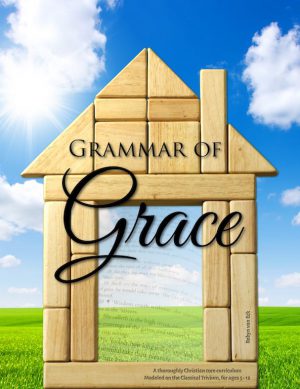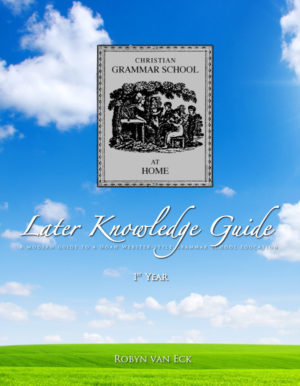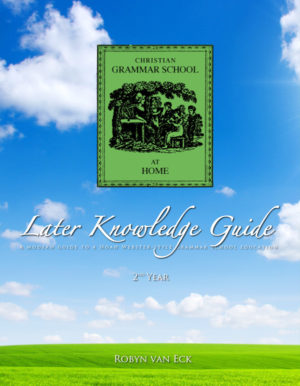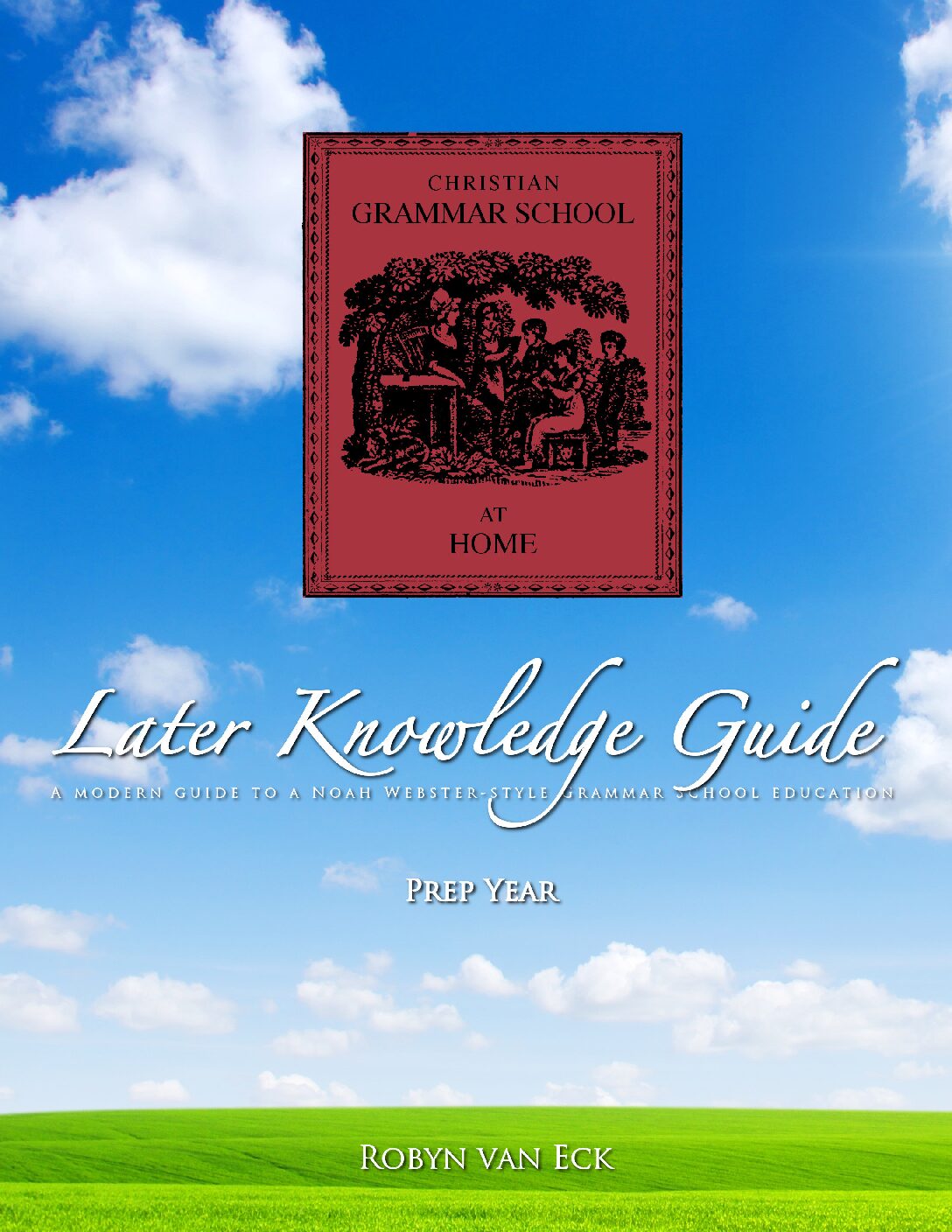Photo by Matias North on Unsplash
Typical question found in Christian homeschool social media groups:
I am looking for a 9th grade reading list for my oldest who can read an entire book in a day. I want books that will challenge her, widen her horizons, but still have God-honoring messages and be age appropriate… Is there such a list available?
The struggle is real, right? You’ve taught your child to read, he loves it, and now you can’t possibly find the time to pre-read enough books for him to satisfy his appetite!
He may be a young man (or she, a young lady), but your young one is still forming his ideas, and it is still your duty to protect him from deceptive philosophies and guide him to understand truth.
Still, we’re all thinking in the backs of our minds, This is a good problem to have! Your child is a strong reader, loves learning, and is always eager for more. You’re doing something right!
But…
If he’s reading a book in a day…
Okay, that’s how I was. Here’s how it is, and what I wish my parents had done differently…
If he’s reading a book in a day, the book is popcorn and not meat.
Even if it’s a short meaty book, like C.S. Lewis’ The Abolition of Man, or Mere Christianity—if he’s reading one of those in a day, then he’s mindlessly reading the words and not thinking about what Lewis is saying.
That’s not a strong reader. That’s a weak reader. A very weak reader, because when you give him substantial things to read, he either weakly struggles through or doesn’t struggle through at all, merely flying through it without understanding a thing!
What is Reading?
I always tell my children, if they are skipping over words (or sentences, or paragraphs!) that they don’t understand, then they are not reading. Reading is about understanding what the author is communicating; the written word is conveying ideas.
If my child is not comprehending every word, every sentence, every paragraph the author is writing, but instead mindlessly reading the sounds without understanding the meaning, then that is not reading.
And we want to teach our children to be readers!
Why? Because God communicates to us through the written word.
So here’s where the big disconnect comes in.
The modern education world teaches children to pass over simplified words quickly, with little-to-no thinking. And they call that reading, and act like it’s something to be proud of.
When I was in elementary school, I devoured Nancy Drews, Encyclopedia Browns, Choose Your Own Adventures, Babysitters Clubs, etc.; L.M. Montgomery, Frances Hodgson Burnett, Louisa May Alcott, and everything the librarian recommended. When those ran out, my mother shared carefully vetted grown-up books with me: Michael Crichton, Mary Higgins Clark, and Dean Koontz, which I enjoyed in later elementary school and junior high, and on into high school. Then there were the Christian ones—Jeannette Oke, Bodie Thoene, Frank Peretti. Read, read, read.
My schoolteachers, my parents, and even I myself said that I was A Reader.
I loved reading, read every spare moment I could find, never went anywhere without a book tucked under my arm or in my purse.
But although I was told that “reading” would make my mind strong and fill me with knowledge… In truth, reading these books stunted my mind.
They were “page-turners”, and they trained me to crave flying quickly through books.
As an adult who loves the Lord, who loves history and all kinds of learning, I deeply regret that steady diet of “candy” literature in my youth, because it stunted my ability to read, for life.
Cotton Candy
Why would the modern education world encourage bright children to read only books with the intellectual nutritional value of cotton candy in their free time, and praise those children for doing so?
Why does everyone believe feeding our bright children a steady diet of “page-turners” is a good thing?
The modern education world was created by men who hated God; they willingly did the work of the enemy of Christians’ souls.
The modern education world teaches bright children to read page turners for the same reason it teaches young children how to read by sight words instead of phonics—because the real brain behind modern educational philosophy is Satan.
Satan does not want your child to be able to read, so he cannot read the Bible. And if you do teach your child how to read, Satan does not want him to be able to think about and understand what he is reading, so your child will not understand the Bible.
The Bible is not a “page-turner”!
If you are trying to train your children to be Christians, you need to train them with the Bible, first of all. And when it comes to books in addition to the Bible, you need to train them with books that are equally challenging.
How to Read (Really)
Okay, so if reading page-turners is bad for my children’s brains…
If the goal is not to read more books than everyone else, faster than everyone else…
Goodness, how can we turn this around?!
The good news is that you can turn this around and transform your children into truly strong readers.
There are two things you need to do differently, maybe three. Okay, they kind of split out into four…
Choose Better Books
First, choose better books for your children. Reading is about understanding what the author is trying to say. If the books your child is reading do not present ideas more profound than, “Nancy gasped in surprise!”, then you are not training your child to think and understand. Which means you are not training your child to be a good reader.
But the solution to that is as simple as pie! Just choose better books!
Okay, this is going to sound like heresy, but it’s the truth, and I love you, so I’m going to say it: That means you can’t get books at the library anymore.
Even the libraries that used to have good books have sold them all in library booksales, the past several years. Folks like me used to really like the library booksales, because we could get great old books at a cheap price. But then we realized that now those books aren’t available for anyone anymore, and the space they cleared up on the shelves has been filled with more of the garbage books.
I know you love the library. I used to, too. I know the librarians who work there are some of your favorite people. They love your children, love great books, and (in many cases) love the Lord. This is not a knock against your librarians.
But you’ve got to see it for what it really is. Why does the library’s YA Fiction section feature Twilight and The Hunger Games and Harry Potter, but not all of the missionary biographies of the 19th century—exciting, inspiring tales of danger and faith?
Because the library wants your child learning magic spells, not faith in Christ.
Don’t get books from the library anymore.
Two great places to get started: Lamplighter and Generations. By the time you run out of great books from those guys, you’ll have learned so much about great books that you’ll have plenty of ideas about what to do next.
Think
Second, you need to approach teaching your child what reading is differently.
But that’s easy. You just need to teach your child, You have to think!
First Key: In a good book, every single word was chosen carefully by the author.
(If you don’t believe me, you haven’t become a good reader yet, either. But that’s okay!!! You were trained that way; I used to think that way, too. Now that you know, you’re going to start getting better overnight; it’s going to be great!)
So you teach your child that he has to pay attention to every single word.
Which really means… First, he has to understand what every word means; and second, he has to think the sentence through so that he understands what it means.
Stop me if I’m going too fast here. I know, it’s ridiculous. But no one does this! Understand every word; understand every sentence. Yes, you actually have to do that to be reading.
Helpful Hint: Teach your child to get the dictionary out whenever he sits down to read, so it will be easy to look up words.
Another Helpful Hint: No short-answer questions. If you are using study guides with short-answer questions, when the child sees those questions, he thinks, I only have to pay attention to the parts that those questions asked about (definitely not true), and he is also thinking, The parts in the questions are the most important parts (depends on the study guide, but often not true). When your child reads the Bible, do you want him not bothering to understand most of it, but only certain parts someone else says are the important parts? Reading is about understanding. All of it!
(If you really, really struggle to check your child’s reading comprehension, and you really think you have a great study guide, then use it as a help for yourself, as you guide discussion with your child, with you taking the lead in having your child think through and communicate what he has read. In my humble opinion, that is the only way a set of short-answer questions ought to be used.)
Second Key: Good books requiring pausing.
Let me put it another way—a good reader pauses when he’s reading.
To think!
Every time you read something, and don’t quite understand it, you must stop and think about it until you understand it. Read the confusing bit again. Read it aloud. Read the part before it again; read on a little after it, then circle back to it and see if it makes sense now. Think.
Just say it to your child, over and over and over again: Reading is about understanding!
Read Great Books Multiple Times
Okay, so the third thing to do differently really just expounds on the first two. When you read a great book more than once, it gets better every time as you find more little beautiful, artistic, and insightful touches the author included that you hadn’t noticed before.
That’s how the Bible is, you know. And the best books are like the Bible in more ways than one.
Helpful Hint: If you read a book a second or third time, and like is less, then it wasn’t a great book.
Banish Page-Turners
Alright, and the fourth thing to do differently is just a corollary of the first thing. No more page-turners.
I hardly let my children read page-turners at all, because I so deeply regret the bad effect they had on me. But if your child has never read any page-turners, one or two, now and then, probably wouldn’t hurt. For example, I let my children read the Narnia books, but only rarely, because they just want to read them over and over again, and they are too easy and addictive. Kevin Swanson says that fantasy (and sci-fi) books are the crack-cocaine of reading. As a former fantasy/sci-fi lover, I cry a hearty, “Amen!”
But if your children have been trained on modern books and are already addicted to easy reading, then they need a serious elimination diet; and if it were me, I would not allow any more page-turners, ever. Knowing my own heart and mind, I just enjoy them too much, and because my love for them was nurtured from my youth, they have far too strong a pull on my heart. The addiction, even years removed, is too powerful. With that in mind, I advise you to do everything you can to weaken that addiction in your child, starting with never feeding that addiction again.
But above all, please understand that I’m not making a law for you, just giving advice. Pray for wisdom from the Lord, and he will give you perfect wisdom for your child! I’m sharing my perspective, if it might be helpful for you.
True Strong Readers
Let’s train our children to be strong readers. 1 Peter 1:13 tells us to “gird up the loins of your mind.” The best training we can give them is having them read the Bible! Have them read the easy books of the Bible to start, the story books. Jonah, Ruth, Esther. Then the Gospels. The history books of the Old Testament. The Psalms.
Having been trained on these books, have your children read them again and again, adding in the Epistles, the Law, the Wisdom books, and the Prophets.
With the Bible and with other books, start with books that challenge our children to think, yet are not too difficult all at once.
We can train our children to be truly strong readers. And may they love our Lord and Savior Jesus Christ, and serve him faithfully because of it!
To learn more about teaching your children to read, and the Christian educational practices that have stood the test of time, check out the videos from our 2021 Practicum. Christians used to teach their children to be highly literate, and these were ordinary, untaught people who simply loved the Lord and wanted to teach their children to love him, too. We can bring these methods back for our own children!
What was your experience learning to read, and how did that affect your ability to read and understand the Bible? Are you planning to do anything differently for your children? Share in the comments below!
Thanks for dropping by; please keep us in prayer!
Recommended Resources
-

Grammar of Grace
Price range: $89.00 through $148.00 Select options This product has multiple variants. The options may be chosen on the product page





Christy
Amen! Thank you from a fellow bookworm for writing this, Robin. You have vocalized thoughts for me and given wonderful direction for alternatives. I have also been frustrated with the lack of good library materials and unfortunately, page-turners (The Hardy Boys) are in our home as I "scored" a huge set at a thrift store recently. Perhaps a resell is in order.:)
Robyn Van Eck
I got the entire set of Nancy Drew and Hardy Boys books for my children, too! Learning as we go… 😛
Jennifer Napierata
Love this article!!! This information is so important for parents to understand.
Bethany
What great insight into the world of reading! It has made me excited each time I have found books I remember reading from my childhood and teen years in stores. I would think how much my children would enjoy them as I had. But watching the Practicum videos from this year has been so eye-opening! Thank you, Robyn!